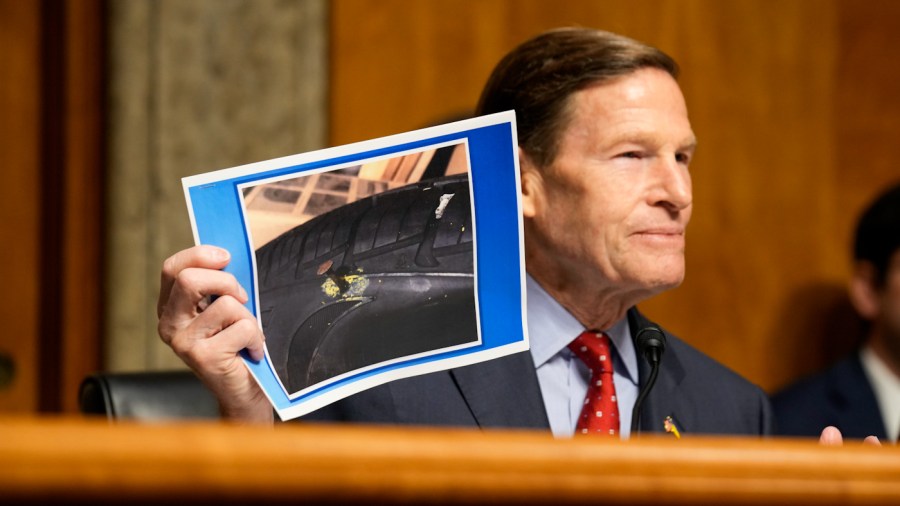Boeing Whistleblower Alleges Threats and Retaliation at Senate Committee Hearing

Boeing Whistleblower Exposes Retaliation Culture at Airline Giant
A Boeing whistleblower told a Senate committee Wednesday that he was silenced and threatened after he raised concerns with gaps in the airline giant’s manufacturing process.
Silencing the Truth
Sam Salehpour, a quality engineer at Boeing, alleged the airline giant retaliated against him after he raised concerns that portions of the fuselage of the company’s 787 Dreamliner were improperly fused together, which could cause the plane to break apart mid-flight after an extended period of use.
In a rush to address the bottlenecks in production, Boeing hit problems, putting pieces together with excessive force to make them appear that the gaps don't exist even though they exist,” Salehpour said.
- The gap didn’t actually go away and this may result in premature fatigue failure.
- Effectively, they are putting out defective airplanes.
Regulatory Scrutiny Intensifies
The whistleblower’s claims have triggered investigations from regulators and lawmakers, highlighting serious concerns about Boeing’s safety culture and retaliatory actions towards employees.
Boeing CEO David Calhoun’s absence from the hearing raised further questions about accountability and transparency within the company.
Ed Pierson, executive director of The Foundation for Aviation Safety, emphasized the need for urgent reforms to ensure the safety of passengers and employees.
“The gold standard is now fool's gold because the only thing that is more dangerous than a dangerous environment is the illusion of a safe environment,” Pierson said.
Call for Accountability
Senators and industry experts are demanding accountability from Boeing and regulatory bodies to address the systemic issues within the aviation industry.
Without significant reforms and transparent leadership, the safety of passengers may remain compromised due to regulatory oversights and corporate negligence.
This article was prepared using information from open sources in accordance with the principles of Ethical Policy. The editorial team is not responsible for absolute accuracy, as it relies on data from the sources referenced.